Exploring Kenyan Tea for Oman Tea Importers
- Christine
- Nov 29, 2024
- 9 min read
Kenyan tea is globally renowned for its superior quality, rich flavour, and vibrant aroma. As Oman increasingly embraces diverse tea cultures, importing Kenyan tea offers a unique opportunity to introduce authentic flavours to local tea enthusiasts.
This article provides insights into the types of tea available in Oman, the popular brands, the characteristics of Kenyan tea, and essential timelines for importing from Kenya to Sohar or Salalah port.
Tea Types Available in Oman
Oman's tea market is vibrant, catering to a mix of traditional and modern preferences.
Popular types of tea available include:
Black Tea: A staple in many Omani households, black tea is cherished for its robust flavor and versatility. It is often enjoyed plain or with added spices to create Karak tea, a popular and traditional beverage in Oman. Its adaptability makes it ideal for blending or serving on its own.
Oman’s Love for Karak Tea
Karak tea holds a special place in Omani culture, blending strong black tea with milk, sugar, and spices like cardamom or saffron. This popular beverage is enjoyed by people across all age groups, whether as part of daily routines or during social gatherings.
Kenyan tea, with its bold flavours and robust strength, is the perfect base for Karak.
Grades such as PD and Dust 1 are especially suited for this purpose, delivering the intense flavour and deep colour essential to a perfect cup of Karak.
Importers can purchase Kenyan tea in bulk and distribute it to tea houses, cafés, and retail outlets that cater to Oman’s booming Karak tea market. By leveraging Kenya’s high-quality tea, businesses can ensure consistent supply and premium taste for this beloved drink.
Green Tea: Celebrated for its health benefits and lighter flavor profile, green tea has seen growing popularity. Brands like Twinings have diversified their product offerings in Oman to include green tea infusions with mint, lemon, forest fruits, and even Gunpowder green tea, a specialty tea where each leaf is rolled into a small pellet, typically imported from China.
Flavoured Teas: Infused teas are highly sought after in Oman, incorporating flavors such as mint, saffron, thyme, cardamom, and other local spices. These teas offer a unique taste experience that blends international tea traditions with regional flavor preferences.
Specialty Teas: Herbal and organic teas, such as Rooibos and chamomile, are gaining traction among health-conscious consumers. Their natural, caffeine-free properties and health benefits make them an attractive choice for those seeking wellness-focused beverages.
By understanding these preferences, importers can better tailor their offerings to the Omani market, capturing the interest of both traditional tea drinkers and those seeking innovative or health-oriented options.
Popular Tea Brands in Oman
Tea brands that dominate the Omani market include:
Lipton: Widely recognized for its consistency and range of flavours. Lipton blends often include Kenyan tea for its rich, robust taste, making it a popular choice for households and cafés alike.
It is especially favoured for its use in quick and convenient tea preparations, aligning well with the fast-paced lifestyles of urban Omanis.
Twinings: Known for premium blends and specialty teas, Twinings appeals to a niche market of tea connoisseurs and expatriates in Oman who enjoy its wide range of flavours and elegant packaging.
The brand is often associated with sophistication and is a favourite in formal settings.
Lulu Blend Black Tea: A private label brand by Lulu Hypermarket, a chain of hypermarkets that ranks among the top grocers in many of the markets it operates in, including Oman.
Lulu Blend Black Tea is valued for its affordability and consistent quality, catering to the everyday tea needs of Omani families and blending seamlessly into traditional Karak tea recipes.
Ahmad Tea: Offers a mix of traditional and contemporary flavours, making it a versatile choice for both modern tea enthusiasts and those who prefer classic black tea.
Ahmad Tea is frequently enjoyed during family gatherings and celebrations in Oman.
Mumtaz Tea: A well-loved brand in Oman that incorporates Kenyan tea in its blends for superior flavour and quality.
Mumtaz Tea is a symbol of premium taste and is often served to guests as a gesture of hospitality, aligning perfectly with Omani traditions.
These brands underscore the growing demand for high-quality tea, creating a promising market for Kenyan tea imports.
Why Kenyan Tea?
Kenya is the world's largest exporter of black tea, renowned for its exceptional quality and diverse offerings. Importing Kenyan tea provides a strategic opportunity for tea businesses in Oman to expand their product portfolio, attract a broader customer base, and achieve their business objectives.
Here’s why Kenyan tea stands out:
Distinctive Flavour Profiles: Kenyan tea is celebrated for its full-bodied and brisk character, bright colour, and robust aroma. These qualities make it highly sought after in blending and as a stand-alone product, offering an edge in catering to diverse consumer tastes.
Consistency: Grown under optimal conditions along the equator, Kenyan tea benefits from consistent rainfall, fertile soils, and year-round sunshine. This ensures a dependable supply of high-quality tea throughout the year, allowing businesses to maintain steady inventory levels and meet customer demands without interruption.
Diverse Offerings: Kenya offers a wide range of teas, from premium orthodox teas with intricate flavour notes to affordable CTC (Crush, Tear, Curl) teas that deliver strength and value. This versatility enables importers to cater to various market segments, from luxury tea connoisseurs to everyday tea drinkers.
Sustainability: Kenyan tea is sustainably grown and adheres to international certifications, including Fair Trade, Rainforest Alliance, and UTZ. These certifications appeal to the growing segment of ethical consumers who prioritise environmentally friendly and socially responsible products.
Competitive Advantage: Partnering with Kenyan tea exporters positions your business ahead of competitors by offering teas that are globally recognized for their quality. Kenyan tea’s bold flavours and exceptional liquor characteristics can help you establish a reputation for quality, driving customer loyalty and increasing market share.
Market Growth Potential: With the increasing demand for specialty teas and blends in Oman, importing Kenyan tea allows you to tap into this trend. By diversifying your offerings with premium and unique Kenyan teas, you can capture emerging opportunities, enhance your brand value, and attract a wider audience.
Achieve Business Goals: Importing Kenyan tea is more than just a product decision—it's a growth strategy. With consistent supply, high-quality teas, and diverse options to meet market needs, Kenyan tea helps you increase revenue, expand your market presence, and align your business with current consumer trends.
By choosing Kenyan tea, you’re not just importing a product; you’re investing in the success and growth of your tea business.
Let us help you bring the finest Kenyan teas to your customers and achieve your business goals.
Popular Grades of Kenyan Tea for Oman Importers

Omani tea importers often seek specific grades of Kenyan tea to meet market demands, including:
PF1 (Pekoe Fannings 1): A popular grade for its brisk flavour and bright liquor, ideal for black tea blends. The PF1 grade consists of small, evenly-sized leaves that produce a vibrant coppery liquor in the cup.
Its brisk and lively flavour makes it an excellent base for blends, contributing a balanced strength and refreshing aroma. PF1 is particularly favoured in blends aimed at creating strong, rich black teas.
PD (Pekoe Dust): Known for its strong, bold flavour, often used in teas like Karak. PD is characterised by fine particles of tea leaves that brew quickly, yielding a dark, robust cup with intense flavour.
Its strong infusion makes it perfect for blending with spices like cardamom and cloves, essential for traditional Omani Karak tea.
Dust 1: Another key grade, Dust 1 is finer than PD and offers a quick brew with a concentrated flavour profile.
It adds depth and strength to blends, making it a preferred choice for tea bags and strong brews.
Blends such as a mixture of PD and Dust 1 are highly sought after for their balance of strength and smoothness, catering to diverse brewing styles. Combining these grades allows for a robust cup with a smooth finish, ideal for creating customised blends tailored to local preferences.
These grades also contribute to the visual appeal of the blend, with PF1 adding brightness to the cup, while PD and Dust 1 enhance body and intensity.
Their aromatic profiles range from fresh and brisk to deep and malty, making them versatile for a variety of tea products.
Packaging and Bulk Options
To meet the varying needs of Omani importers, Kenyan tea can be offered in a variety of packaging formats tailored to different markets and business requirements:
Bulk Tea in 50-60 kg Paper Sacks: Ideal for large-scale importers who blend, repackage, or distribute tea. These sacks provide a cost-effective and efficient solution for transporting significant volumes.
Private Label Options:
Private Label Tea Bags: We produce double-chamber string and tag tea bags (with or without staples), fully customised with your branding. Ideal for retail and food service markets, these tea bags combine convenience with a premium presentation.
Private Label Loose Tea: Available in branded cartons, tins, or pouches, private label loose tea is an excellent option for importers looking to market high-quality Kenyan tea under their own brand. These formats can be tailored to suit retail shelves or specialty stores.
Catering Loose Tea in 5 kg Packs: Designed for the catering and hospitality industries, this practical packaging option caters to hotels, restaurants, and cafes, providing high-quality tea in manageable quantities for brewing.
These flexible packaging options can allow Omani importers to address the needs of bulk distributors, caterers, and retail customers, enabling them to grow their market presence, diversify their offerings, and meet customer preferences effectively.
Import Timelines and Logistics
As a Kenyan tea exporter, we understand that the logistics involved in exporting tea to Oman are crucial for ensuring a seamless process for our valued import partners. Here's an overview of what to expect in just 3 simple steps.
Order Placement: The initial step in the process involves negotiations and finalising orders with us, your trusted Kenyan tea exporter. It is highly recommended that you send a sample of the tea to us at this stage. This allows our team to match your specifications with greater accuracy by assessing the leaf appearance, taste characteristics, aroma, infusion, cup liquor, and colour.

This approach ensures that the blend you approve as a sample will be the exact blend we ship. We take meticulous care in replicating the approved sample to maintain consistency, so you can be confident that the product you receive aligns perfectly with your expectations.
Processing and Shipment: For CIF terms (where we cover the costs, insurance, and freight of a buyer's order while in transit), our team collaborates closely with logistics providers to manage the shipment process efficiently through Kenya's Mombasa Port, renowned for its smooth export operations. This ensures that your tea is prepared and dispatched with minimal delays, maintaining the quality and freshness that our clients expect.
Shipping Duration: Tea shipments typically take between 15-25 days to reach Sohar or Salalah ports. The exact duration depends on the shipping line chosen, the specific route, and whether transshipment is involved. We keep you informed of the expected timelines so that you can plan your logistics and inventory accordingly.
Delivery Schedules: We prioritise reliable and predictable delivery schedules. Shipments destined for Salalah Port are typically arranged to arrive between the 20th and 25th of each month. This ensures a steady and consistent supply of tea to meet your business needs, supporting your operations and inventory management.
Customs Clearance: To facilitate smooth customs clearance in Oman, we ensure that all necessary documentation is accurate and complete. This includes:
Bill of Lading (BL): Serves as a receipt for the goods and a contract of carriage.
Packing List: Details the contents and packaging of the shipment.
Commercial Invoice: Required for customs valuation, outlining the transaction details.
Phytosanitary Certificate: Confirms that the tea meets the health and safety standards mandated by Omani authorities.
Certificate of Origin: Certifies that the tea is sourced from Kenya.
Plant Health Certificate: Issued by the Kenya Plant Health Inspectorate Service (KEPHIS), a government authority, confirming the health status of the tea.
All of these documents are vital for meeting Omani import regulations and ensuring a seamless clearance process. We are dedicated to guiding you through these requirements, ensuring full compliance and a hassle-free import experience.
Buy Kenyan tea from a reliable Kenyan tea exporter you can trust
Kenyan tea is renowned for its unmatched quality and exceptional flavor, making it a perfect choice for Omani tea importers aiming to diversify their offerings and meet the growing demand for premium teas.
As experienced and reliable Kenyan tea exporters, we understand the unique needs of the Omani market.
We are here to guide you through every step of the process, from selecting the perfect tea blends to ensuring smooth and timely imports.

Our expertise in Kenyan tea varieties and market trends ensures that your business stays ahead of the competition.
When you partner with us, you can expect:
Timely Communication: Clear and prompt updates to keep you informed at every stage of the process.
Tailored Recommendations: Guidance to help you choose the right tea types and packaging that align with your market needs.
Thorough Preparation: Meticulous attention to detail in quality assurance, documentation, and logistics to ensure a seamless import experience.
We are committed to being more than just a supplier — we are your trusted partner in achieving business growth through the finest Kenyan teas.
Let us help you bring world-class tea to your customers with confidence and ease.

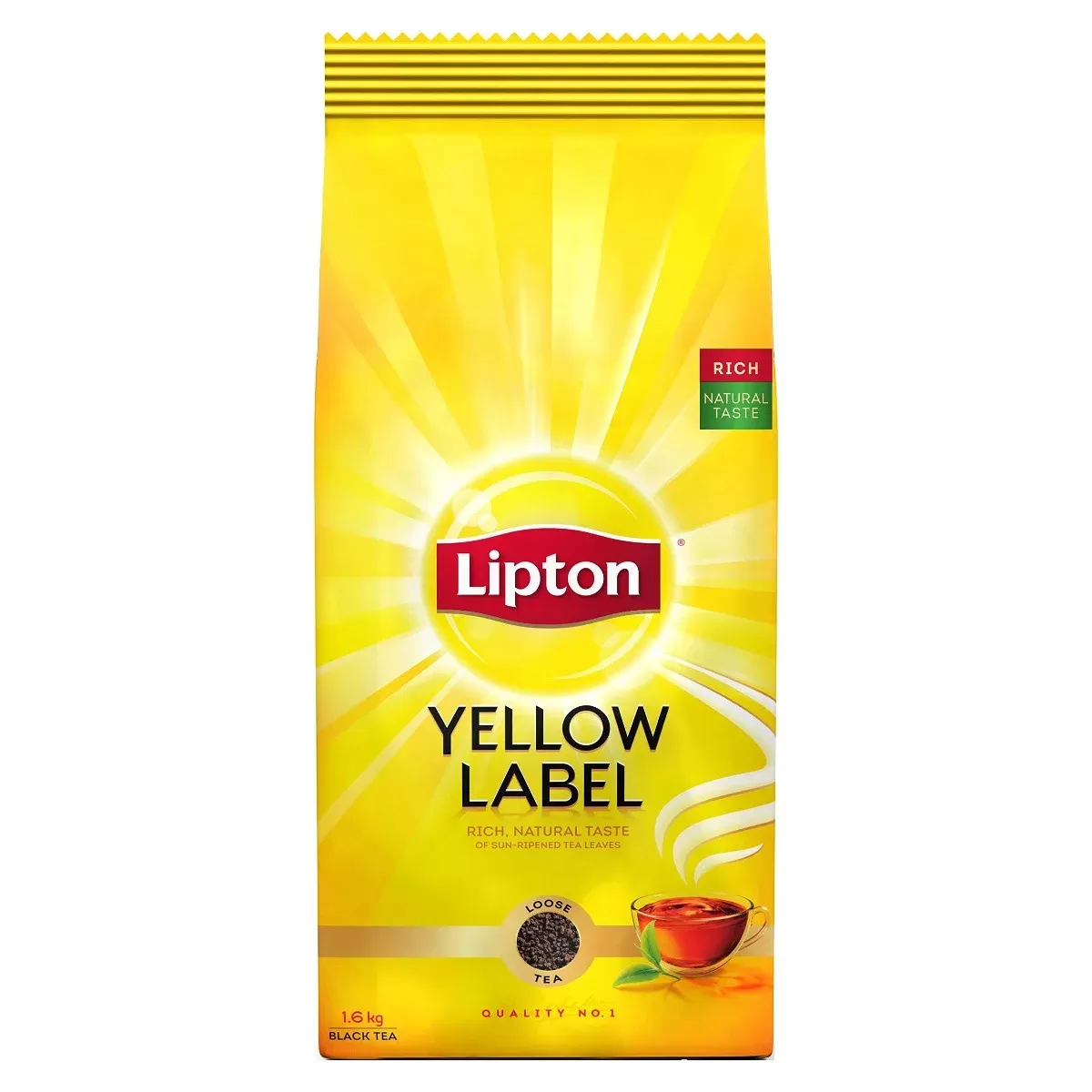




Comments